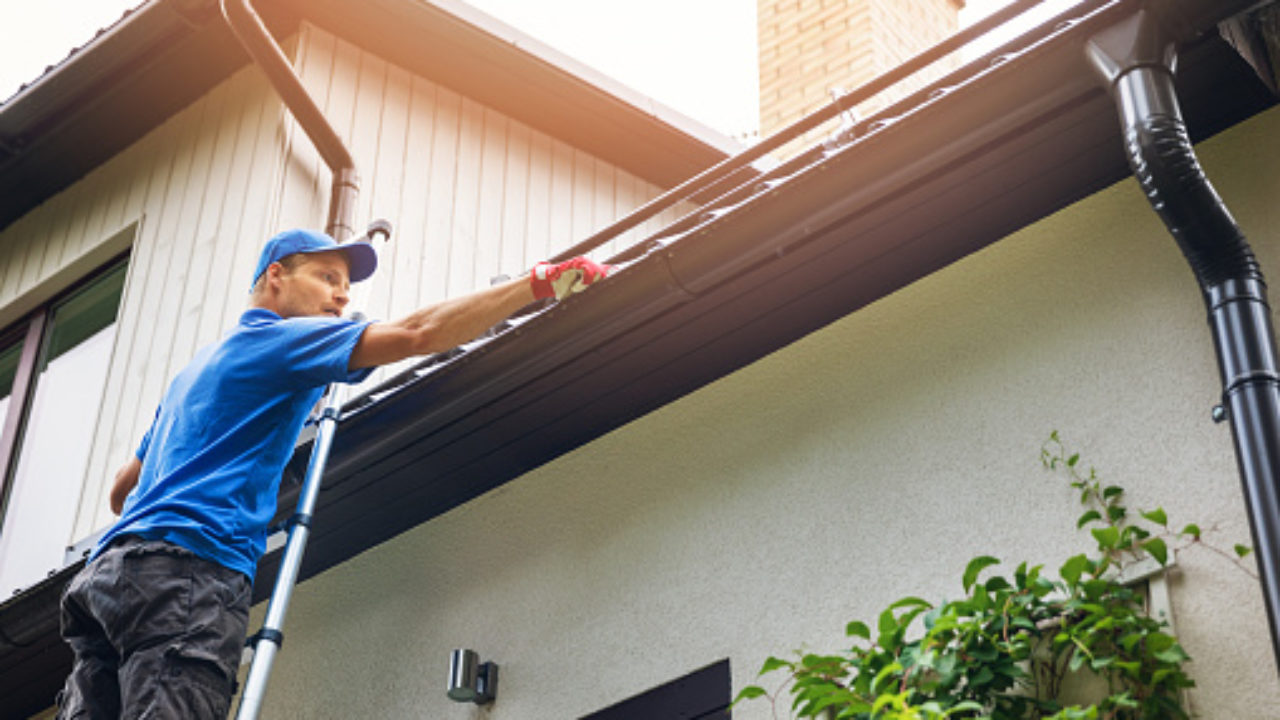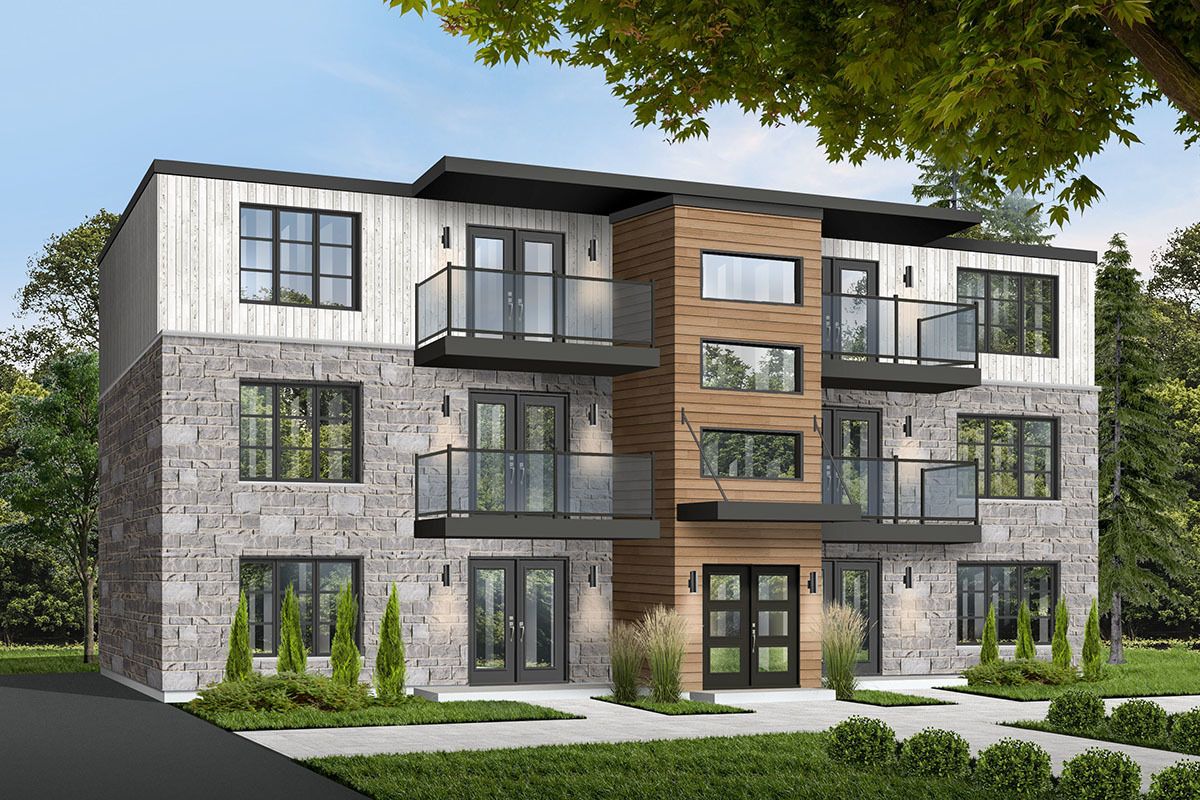
- May 14, 2021
- Effective Building
- 0
A look at the past proves the longevity of your house. It shows how building and other structures can last a long time, but what about when it comes to your new home? A house is more likely to be the largest asset you ever purchase, and you need to know that your home will be structurally sound and last longer. But, how long it really takes?
Don’t worry. In this article, we will provide you all the information you need about the longevity of your house.
How Long Does a New House Last?
This question is largely debated in the Australian construction industry, but we can still give you a decent answer to this. Without special care and maintenance, the maximum lifespan of a house is more than 100 years, but let’s close it to 60 years on average.
Lifespan Expectancies
When answering “how long does a new house last?” life expectancies are only averages. There’s no way one can be certain that your home will last 60 years or even 100 years.
It’s important to remember that your home is not a single unit but a conglomeration of many things. Some key factors can impact the integrity of the house and shorten that timeframe drastically.
The lifespan of a home will have a lot to do with the quality of its parts. On a basic level, you have the frame, the foundation, and the roof. Those have a certain lifespan, while other components have a different kind of lifespan.
What Determines the Longevity of Your House?
It’s all good and well knowing how long the new house is going to last on average. Many factors can influence the longevity of your house and how structurally sound it will be.
Knowing these factors before building, you can ensure that your home will withstand the time and elements it is put through.
The factors include:
- Materials
- Workmanship
- Maintenance
- Weather/environment
Materials
It is no doubt that quality materials and products last longer. This is also the same when it comes to your new home. Building our home out of high-quality and sustainable materials can ensure that it’s going to be standing tall for generations to come.
Note that things that are used more frequently are going to degrade faster over time. Make sure that you invest in the right products to increase the longevity of your house.
Materials that can last a lifetime (more than 60 years) include:
- Clay
- Natural Stone
- Bricks (less maintenance and better insulation, but are costlier and can make the building process longer)
- Concrete
- Metals
- Wood (more flexible, especially to earthquake-prone areas) is prone to wind, water, and fire damage.
- Locally-sourced materials
- Most types of insulation
Workmanship
The workmanship is one of the most important factors to ensure that your home has a long lifespan. Good quality workmanship can prevent issues from arising too soon because of failed joins or innocent cracks.
A home built poorly will degrade faster than a home that had every detail paid attention to. With thousands of houses built each year, there are times when there are slip through the cracks and can have some issues.
Ensuring that this doesn’t happen with new builds is put through detailed assessments at each stage of the construction, from materials and measurements to assessing possible outcomes of each decision made.
They also have to strictly follow the rules and regulations to ensure everything is kept to the same high-quality standard so that the longevity of your house will last generations. Most newly built houses come with a 10-year structural warranty certificate to give you a little peace of mind.
Hiring Effective Building & Consultancy building inspector along with the contractors is your best bet at ensuring high-quality workmanship and longevity of your house. Poor design and sloppy workmanship can come with issues, repairs, and replacements sooner than required.
Maintenance
Things get old; whether they are living or non-living, they are bound to wear and tear damage and break – it’s no different for your new home. You may not need to do too much maintenance within the first few years, but it will happen.
Keeping on top of maintaining your home will ensure the longevity of your house.
Your home is made of several components that make your house a house that may not be as resilient as it should be.
Components that have a shorter average lifespan:
- Aluminum roof coating (3-7 years)
- Security System (5-10 years)
- Enamel Steel Sinks (5-10 years)
- Carpet (8-10 years)
- Humidifier, microwave oven, compact refrigerator, trash compactor
- Trash compactor, compact refrigerator, microwave oven, humidifier (9-10 years)
- Smoke Detector (less than 10 years)
- Garage Door Opener (10-15 years)
- Faucets (10-15 years)
- Air conditioner (10-15 years)
- Termite-proofing during construction (12 years)
- Asphalt (12-15 years)
Weather/Environments
Mother Nature is something that we can’t control when it comes to the new home. You need to be sure that you build it for the environment that it’s in. Your home should be able to withstand years of harsh elements and whatever else mother nature throws at it.
Using locally sourced materials is a great option to ensure the longevity of your house, as the materials were made with the climate and conditions of your environment in mind.
Keeping the environment and weather your home will be prone to in mind is important to ensure a good construction and adequate maintenance that provides you with a long-lasting home.
How Can Effective Building & Consultancy Help to Increase the Longevity of Your House?
When it comes to increasing the longevity of your house, Effective Building & Consultancy can conduct a few measures to make it happen. A lot of it comes down to common and basic routines that can prevent disaster from striking.
By allowing Effective Building & Consultancy building and pest inspectors to check your property regularly will help you know if there are any new damages, breaks, or wear before it becomes too costly or repair or replace altogether.
Ways to Prolong the Integrity of Your House
Things You Can Do:
- Regular cleaning – This prevents bacteria, mould, and fungus which can compromise aspects of your home.
- Proper separation and disposal of waste.
Things Effective Building & Consultancy Can Do:
- Inspect for insects, termites, pests – prevents possible damage caused by these in and around your home.
- Check for damp walls, water leaks, and seepage.
- Look out for bases, foundations, and plinth of any structural components.
- The right material for the requirements of your house.
- Regular and proper maintenance.
For more information about increasing the longevity of your house and getting our building and pest inspection services, visit our Help Centre.
Suppose you are planning to work on multi-story units. In that case, you may find yourself wondering if you should Read more
Project managing at Balmoral Beach! A luxurious dual occupancy with basement parking and landscaping works. Huge thanks to Corben Architects for Read more
This week we helped a client for whom we did project management to remove contaminated soil from the site and Read more





